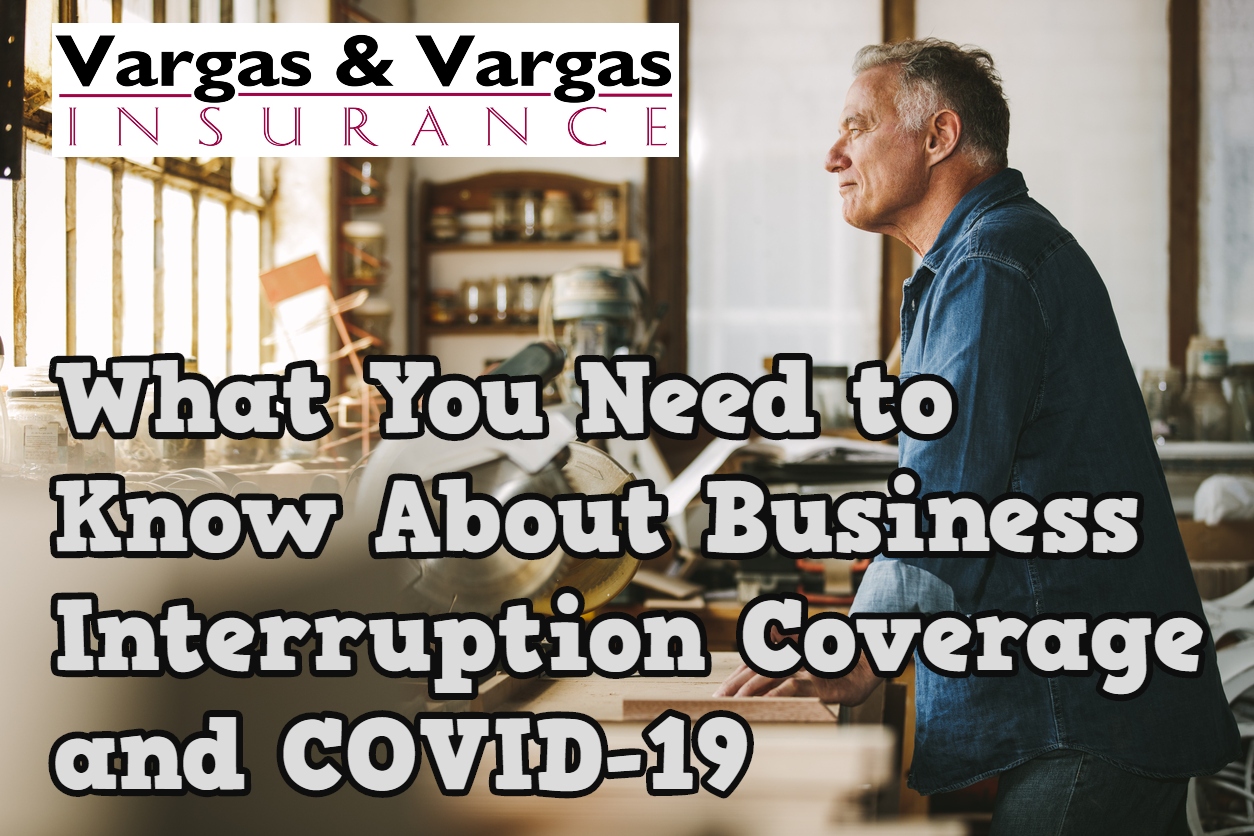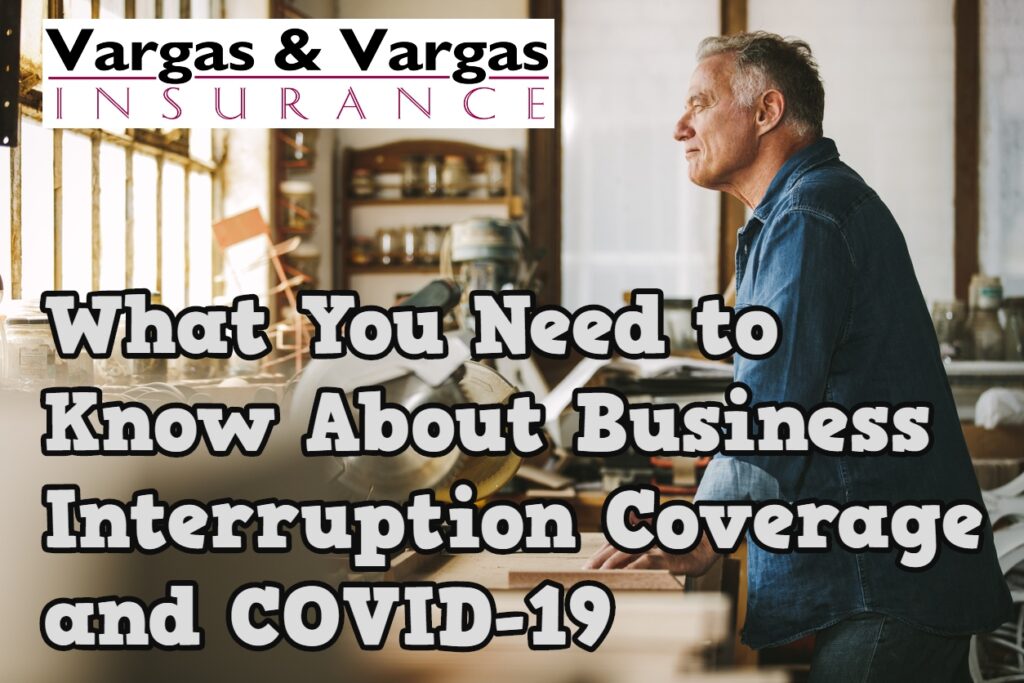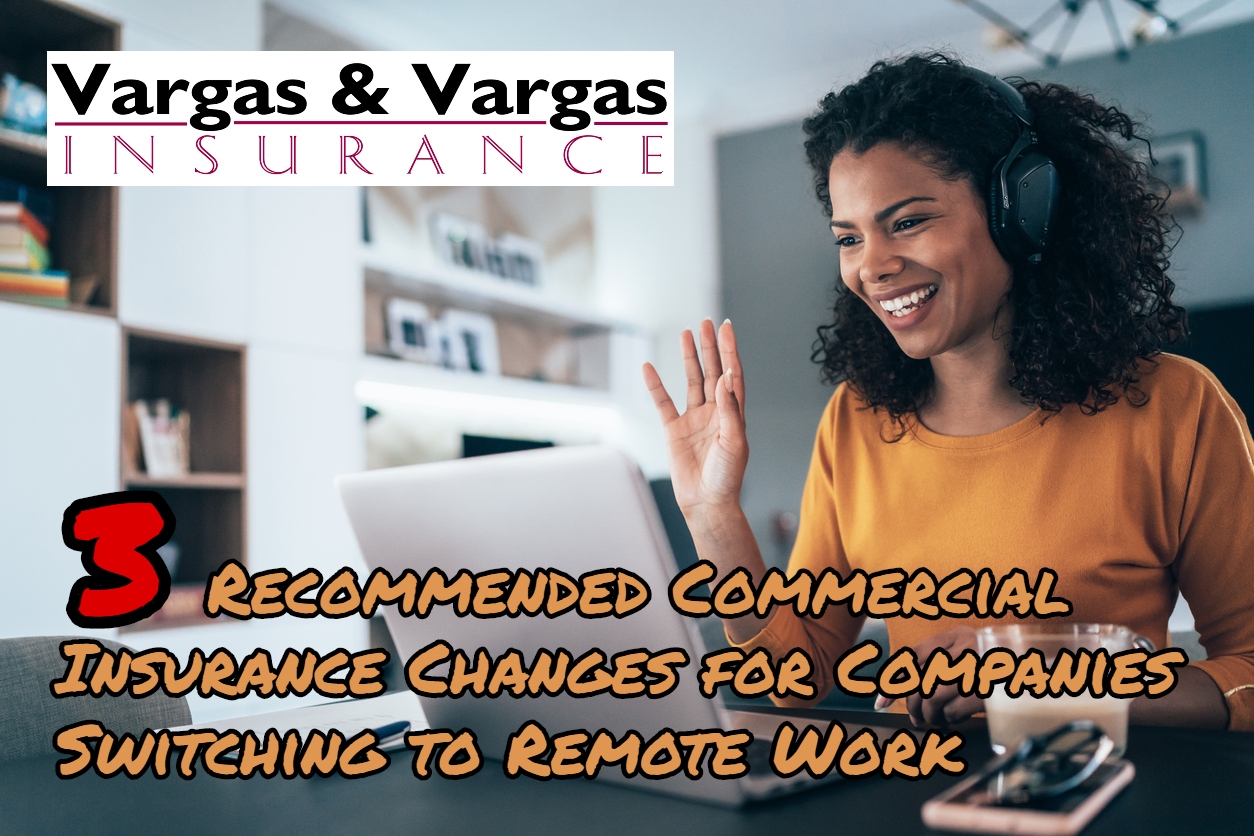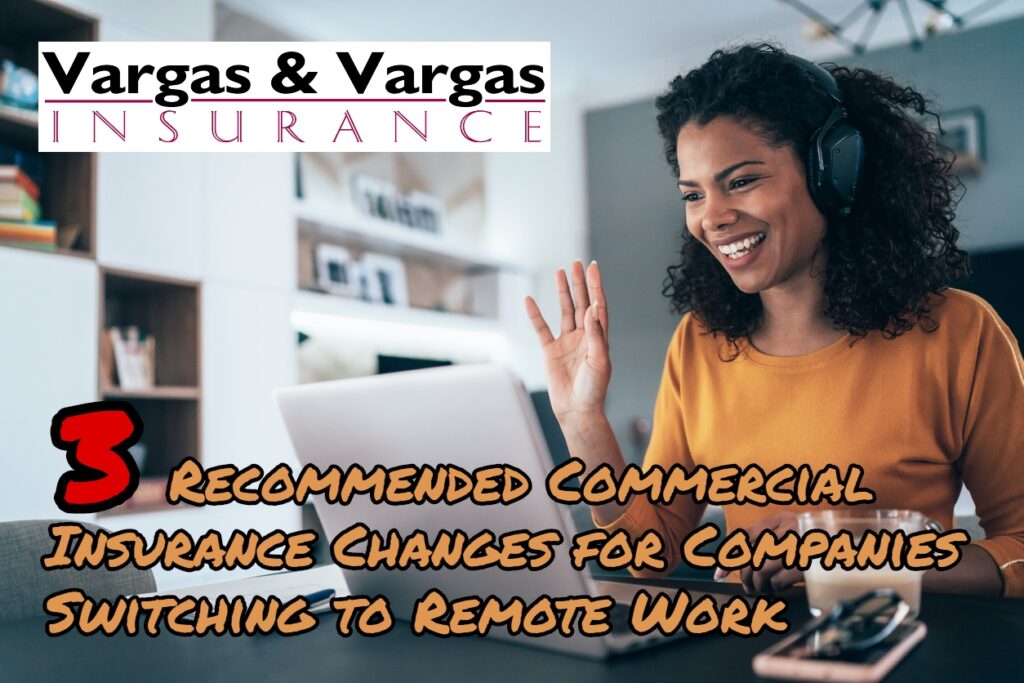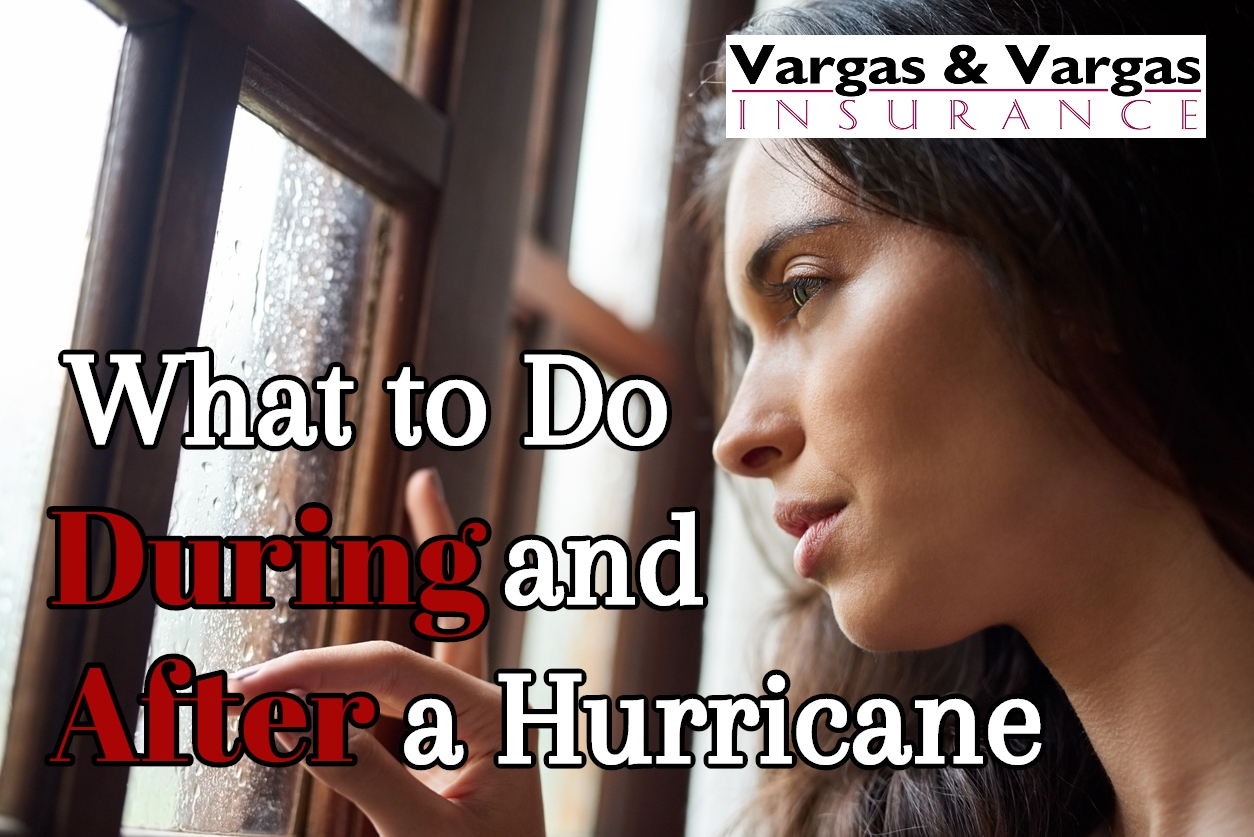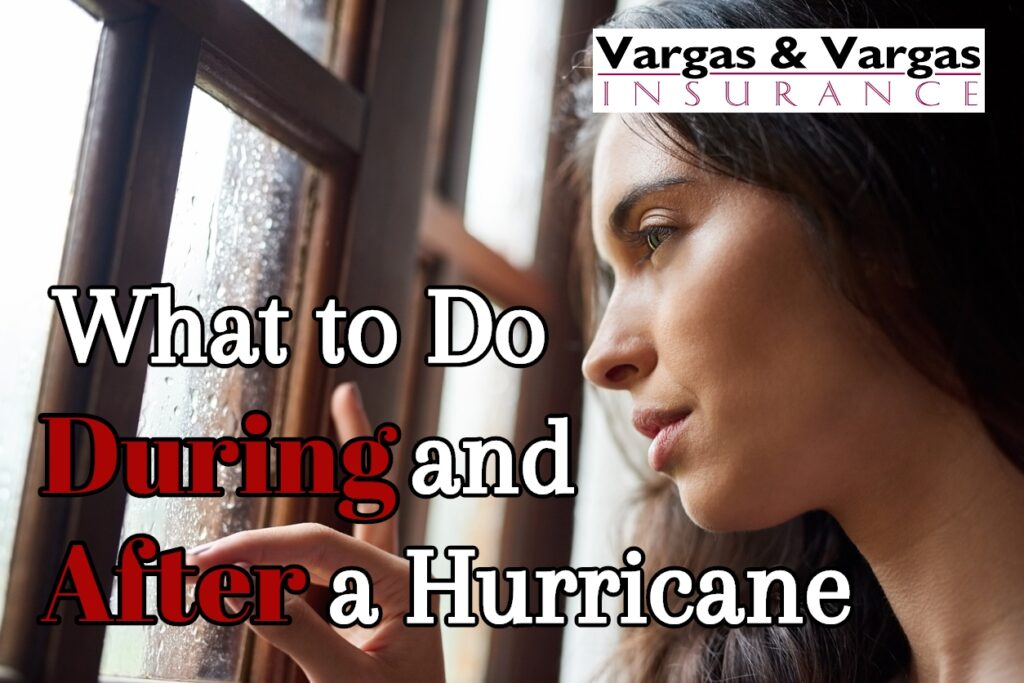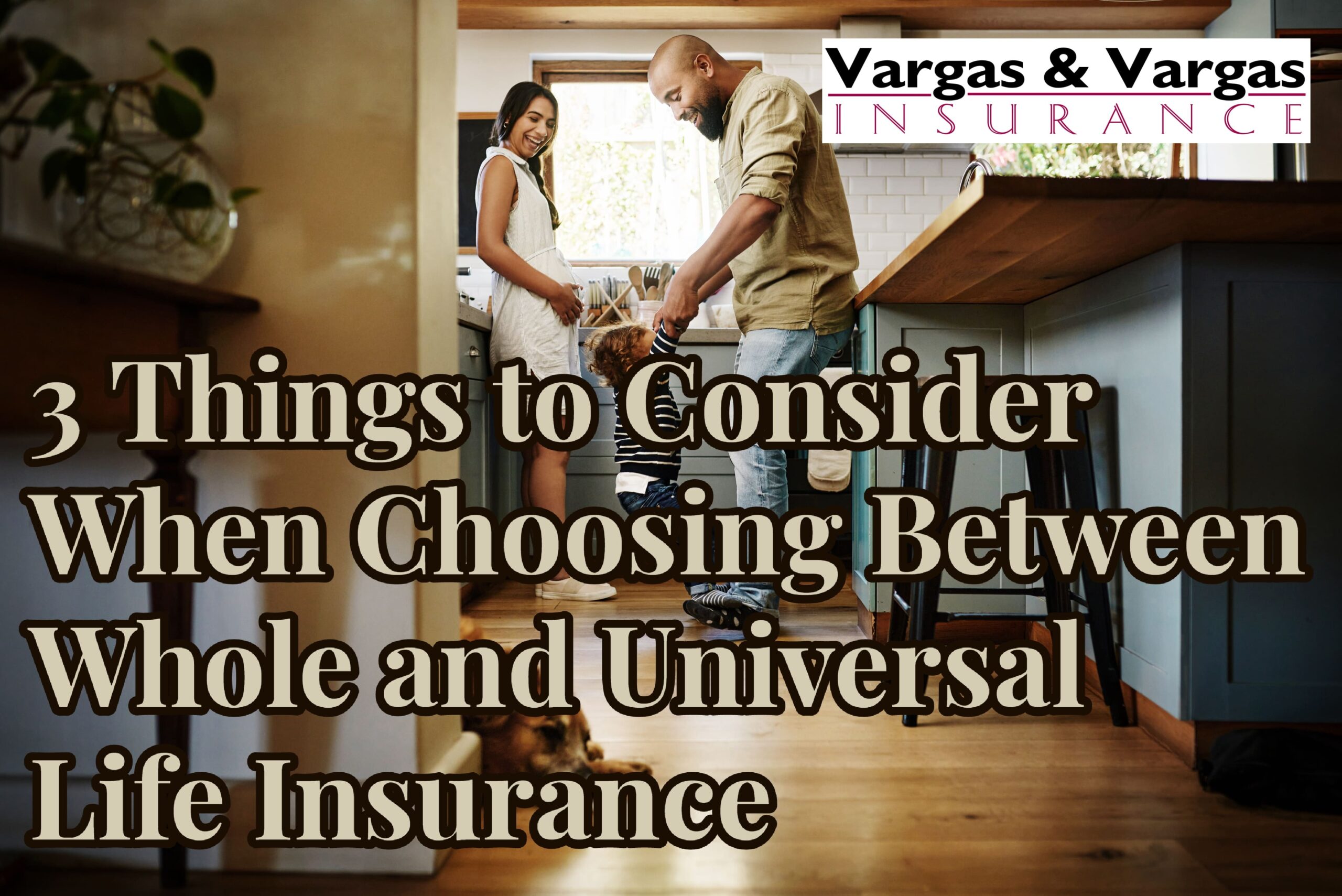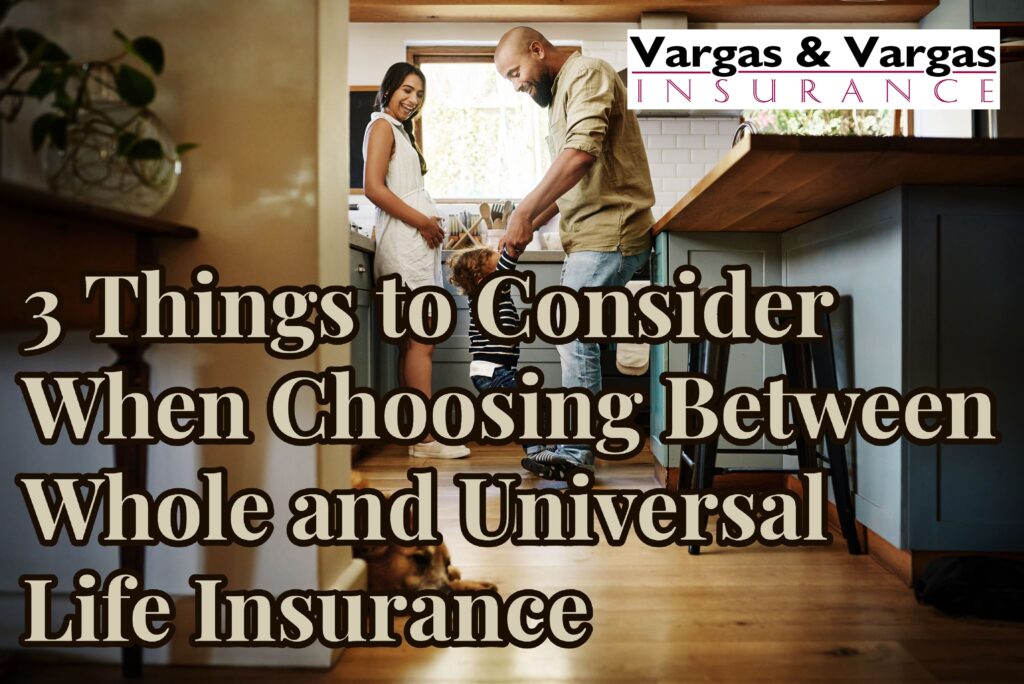How to Organize Your Insurance Policies to Help Your Spouse or Dependents Find Them
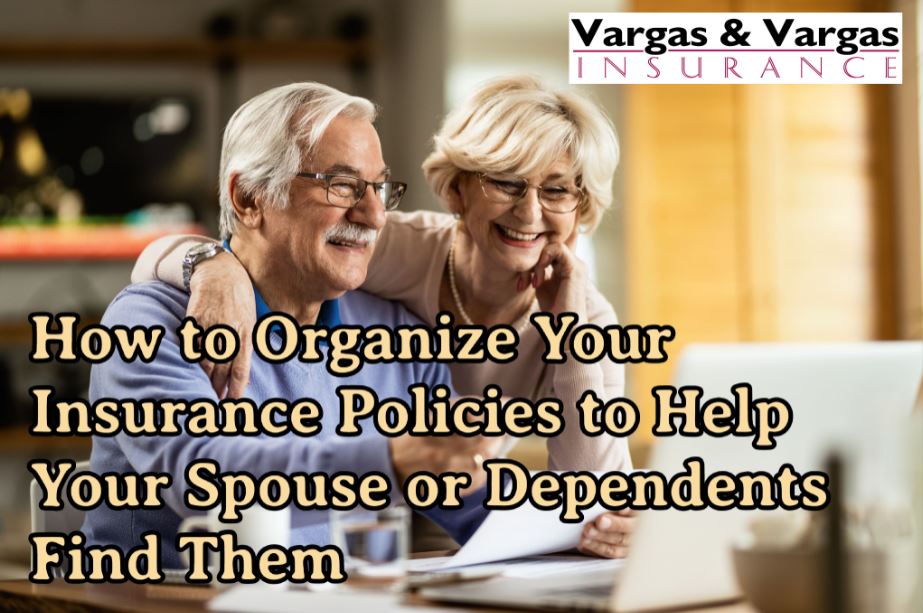
Acquiring policies like life insurance can put your mind at ease and help you feel secure. But it’s only the start of formulating a game plan that will keep you and your family prepared for any unforeseen circumstances. Part of your ongoing strategy must involve decisions about organizing and storing your policies so that they can be retrieved by your spouse or dependents as needed. By following these guidelines, you can live your life without worrying about how your insurance policies will be stored and accessed.
Choose a Secure Physical and Digital Location
Step one for organizing any insurance plan is to keep it in a safe place that only you — and others you give permission to — can open. There’s so much personal information in policy documents that is important to protect, so we recommend using either a safe or lockable filing cabinet. Let your spouse or dependents know where the key or password is stored. In addition to keeping the papers in a physical location in your home, consider sending a copy to a trusted lawyer or loved one who will also keep it safe.
A digital copy can far outlast paper, which can be lost, stolen, or destroyed. For this reason, definitely keep electronic records of your insurance policies. Make a list of passwords for where your policies are stored on your computer, and share the information with your dependents so they can find them. If you aren’t using software to store your insurance policy, you can scan your hard copy onto your computer.
Communication Is Paramount
While discussing your home or life insurance with your spouse and family can be uncomfortable, clear communication is going to be how you avoid any additional difficulties in case of a crisis. Your dependents need to know which policies you have, and they should probably know the names of your agent, insurance company, and other important contacts. Set clear expectations about how and when these should be accessed, and go over how you have stored everything. By communicating effectively, you can avoid your family being another statistic in the millions of insurance dollars that go unclaimed every year.
Update Outdated Documents
Finally, you should keep everything up to date and know when your policies need updating. There are many life events that can require you to update paperwork, including a new birth, a divorce, a new marriage, a change of address, business developments, and many more. Seek advice from a qualified local insurance agent if you are unsure of when an update might be required.
At Vargas & Vargas Insurance, we can help you with these and other questions or concerns regarding your insurance policies. Our ultimate goal is to assist you in any way we can with top-notch insurance plans and unbeatable customer service.






